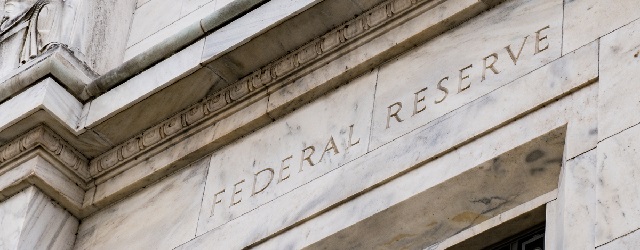Will other central banks follow the Fed and buy riskier assets as they expand their balance sheets?

The Federal Reserve breathed new life into the high-yield market, agreeing to purchase the bonds of “fallen angels,” companies that were investment grade a short time ago, but lost those ratings due to the economic slowdown amid the coronavirus crisis.
By extending its safety net into higher-risk securities, including related exchange-traded funds, the Fed clearly demonstrated that it hasn’t run out of ammunition in its policy toolkit. “Our emergency measures are reserved for truly rare circumstances, such as those we face today,” Fed chairman Jerome Powell said. “When the economy is well on its way back to recovery, and private markets and institutions are once again able to perform their vital functions of channeling credit and supporting economic growth, we will put these emergency tools away.”
Will other central banks follow the Fed and buy riskier assets as they expand their balance sheets?
When the European Central Bank began buying corporate bonds in 2016, it said it would only buy investment-grade debt. It later added, however, that it would not sell its holdings in the event of a downgrade, so it already holds bonds of “fallen angels.” The ECB recently added commercial paper of investment-grade companies to the debt it can buy.



